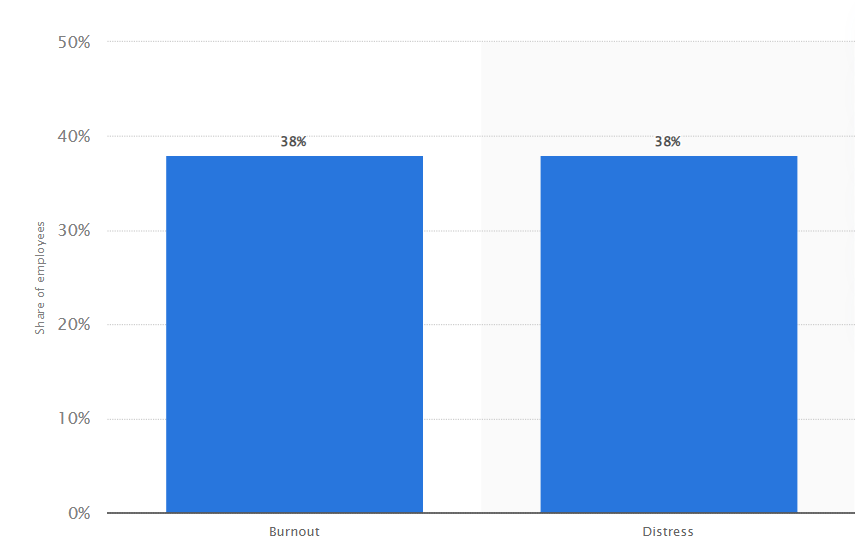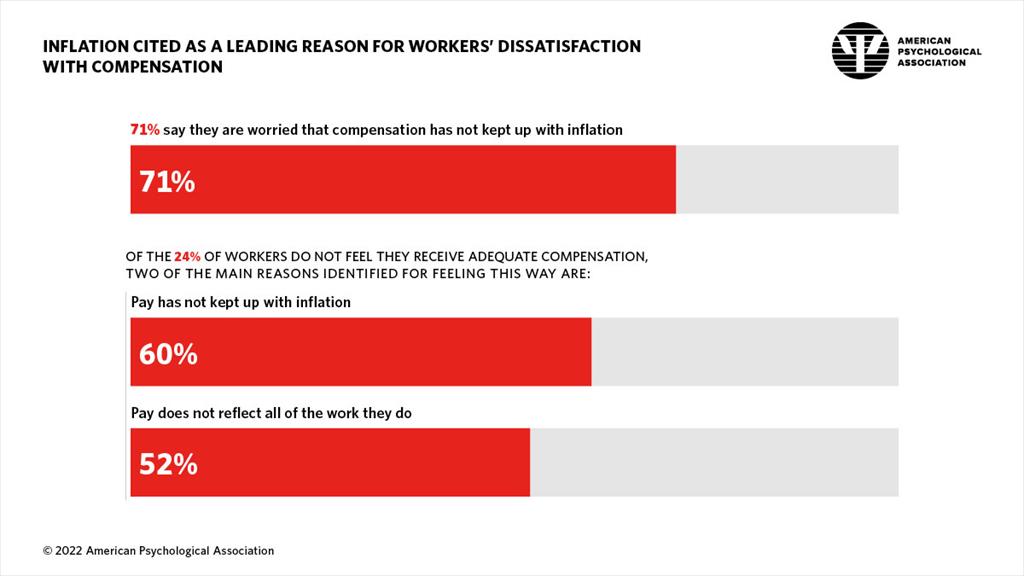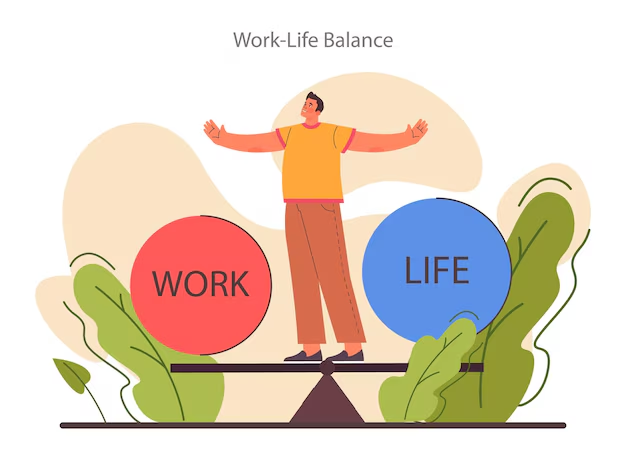India’s corporate sector has expanded rapidly in recent years. With this growth has come a dark side. Many corporate employees are now battling high stress levels, overwork, and impossible targets. Recent deaths of young professionals, such as Anna Sebastian Perayil and Tarun Saxena, have highlighted the mental toll of toxic workplace culture in India.
Can someone fix a toxic work culture? Read an interesting piece here
These deaths are not isolated incidents. They represent a growing trend. Many corporate environments prioritise work and productivity over employee well-being. This article explores how toxic workplace culture is damaging mental health, using real-life stories to illustrate the extreme pressures faced by workers.
![]()
The Rise of Toxic Work Culture in India
India's work culture has changed significantly, especially in IT, finance, and consulting sectors. In the past, work hours had clearer boundaries. Today, corporate employees are expected to be available all the time. Work hours now extend beyond eight hours a day. Some employees work nights and weekends to meet impossible targets.
In corporate India, overwork has become a measure of dedication. A 2021 Deloitte survey revealed that 80% of Indian employees feel stressed. The main reasons are unmanageable workloads, long hours, and a poor work-life balance. This pressure is worse in industries like IT and finance.

Recent tragedies expose the Mental toll
Several tragic deaths have highlighted the mental health crisis in India’s corporate world. One such case is Anna Sebastian Perayil, a 26-year-old chartered accountant. She died just four months into her job at Ernst & Young (EY). Her mother’s letter to EY’s leadership described how Anna worked late nights and weekends, with no time to rest. This case sparked a national conversation about mental health in the workplace.
Another tragic story is that of Tarun Saxena, a 42-year-old area manager at Bajaj Finance. Tarun took his life after working 45 sleepless days, driven by the pressure of meeting unrealistic loan recovery targets. In his suicide note, Tarun blamed his senior managers for pushing him to the brink. Both these cases reveal the extreme mental strain caused by India’s toxic work environments.
_1727786949.png)
Glorifying Overwork: A Dangerous Norm
Corporate India has normalised and glorified overwork. Employees who work long hours are praised as more dedicated and hard-working. This mindset is ingrained in high-stress sectors like IT and finance, where working late nights and weekends is seen as normal.
This culture of overwork sends a dangerous message—that sacrificing personal time and health is the price of success. Over time, this leads to burnout, anxiety, and depression. Employees push themselves to the edge, but the toll on mental and physical health becomes inevitable.
Impact of Corporate Stress on Mental Health
The psychological impact of relentless work in corporate India is severe. Many employees suffer from anxiety, insomnia, and depression due to extreme work conditions. Anna Perayil’s case is just one example of how pressure from constant overwork can lead to a complete breakdown in mental health.
Work-related stress often leads to physical problems as well. Constant fatigue and the inability to disconnect from work take a toll on health, making it harder for employees to function effectively. Unfortunately, many workers feel they cannot ask for help because of the fear of being seen as weak or unproductive.

The role of managers and unfair expectations
Managers play a major role in sustaining toxic workplace culture. Unrealistic expectations, harsh deadlines, and lack of empathy contribute to high-pressure environments. Tarun Saxena’s case highlights this issue—he faced threats from his managers about salary deductions and job loss, which eventually drove him to suicide.
These environments create a constant sense of fear and anxiety. Employees feel isolated, unsupported, and unable to meet the expectations set by their managers. This unhealthy pressure pushes workers to their breaking point.
How Mental Health is Ignored in Indian Workplaces
Despite the growing awareness of mental health issues, Indian workplaces still fail to provide adequate support. According to a 2022 LinkedIn survey, 77% of employees believe their workplaces do not offer enough mental health resources. As a result, many workers are left to deal with their struggles alone, afraid to speak up in fear of damaging their careers.
In India, mental health is still stigmatised, especially in competitive work environments. Admitting to mental health issues is often seen as a sign of weakness. This makes it even harder for employees to seek help when they need it most.

Legal Loopholes Allowing Overwork
A big part of the problem is legal loopholes that allow companies to overwork their employees. India’s labour laws, such as the Shops and Establishments Act, offer limited protection for white-collar workers, especially in multinational corporations. These legal gaps mean companies can demand long hours without compensating employees, which leads to widespread burnout.
A 2022 KPMG report found that 70% of white-collar professionals in India work beyond the legally mandated 48-hour workweek. Furthermore, 75% of these workers do not receive any compensation for overtime. This is not only a violation of labour rights but a threat to the mental and physical health of employees.
For more like this, read: Delhi CM Atishi Announces New Minimum Wage Hike for Unorganised Workers
Overwork and Burnout: A Global Epidemic
Burnout is not unique to India—it’s a global problem. However, India ranks among the highest in terms of average working hours. Employees are expected to work far beyond their contracted hours, often with no support or compensation.
The problem of overwork in India is made worse by a lack of robust mental health support systems. While other countries are increasingly recognising burnout as a legitimate health issue, India still has a long way to go in addressing this problem.

An employee survey carried out in 2022 revealed that distress symptoms and burnout were prevalent among Indian workers. Of the workforce, about 38% frequently reported symptoms of burnout. However, 38 percent of the workers reported feeling somewhat distressed.
Why It’s Hard to Seek Help in Indian Corporate Culture
In India’s corporate culture, there is a significant stigma around seeking mental health support. Many employees fear that admitting to stress or mental health issues could hurt their career. This fear of judgement or punishment prevents them from reaching out for help, even when they are in desperate need.
This culture of silence and avoidance makes it harder to tackle mental health problems in the workplace. Employees feel trapped, unable to speak up, and are left to suffer in silence.
For more, read :“Support Narayan Murthy’s 70 hours Work Week”, Says OLA CEO; Gets Backlash
The Financial Industry: A Pressure Cooker
India’s financial industry is particularly notorious for its high-pressure work environment. Companies like Bajaj Finance set extremely high expectations for their employees. Tarun Saxena’s case shows the devastating impact of this pressure. He worked for 45 sleepless days, unable to cope with the stress of meeting unrealistic targets, which eventually led to his tragic death.
The financial sector is not alone in this. Other high-stress industries across India are also pushing employees to their limits, with many suffering from anxiety, burnout, and severe depression.

The Human Cost of Corporate Ambition
The pursuit of corporate success comes at a significant human cost. While hard work and ambition are important, they should never come at the expense of an employee’s health and well-being. The stories of Anna Perayil and Tarun Saxena show just how devastating toxic work culture can be.
Both were talented, hard-working employees who felt there was no way out. Their tragic deaths must serve as a wake-up call for corporate India to re-evaluate its work practices and prioritise employee well-being.
For more, read : Worker Rights Protection - Should Indian Gig Workers Unionise?
Actions taken by the government and corporations
In the wake of these tragic incidents, the Indian government has launched investigations into the conditions in corporate work environments. However, these efforts have yet to lead to significant change. While some companies have acknowledged the issue, real reform is slow.
Corporations must take responsibility and create policies that actively protect employees’ mental health. It’s not enough to simply acknowledge the problem—there must be concrete actions to solve it.

The Need for Comprehensive Mental Health Reforms
To tackle toxic workplace culture effectively, India’s corporate sector needs comprehensive mental health reforms. Companies should provide employees with access to mental health professionals, promote awareness about burnout, and support work-life balance. Mental well-being should be treated as a priority, not an afterthought.
A The Lancet Global Health study found that for every dollar invested in mental health support, companies see a $4 return in productivity. This underscores that improving mental health not only benefits employees but also helps businesses.
Can Work-Life Balance Be Achieved in Indian Corporate Culture?
Achieving work-life balance is possible in corporate India, but it requires a change in mindset from both employers and employees. Companies need to recognise that overwork does not equal productivity. By setting realistic targets and fostering a supportive environment, businesses can create healthier workplaces.
At the same time, employees need to prioritise their well-being and advocate for their mental health. Seeking help should not be stigmatised but encouraged.
For more, read: LifestyleFrom Sacrifice to Balance: How Gen Z is Redefining Work-Life Priorities by Learning from the Mistakes of Previous Generations

Moving Forward: Creating a Healthier Work Environment
The time for change is now. Indian companies must take action to dismantle toxic workplace culture and create healthier, more sustainable environments. This includes limiting work hours, offering mental health resources, and fostering a culture where employees feel valued for more than just their output.
Anna Perayil and Tarun Saxena’s stories should not be forgotten. They should serve as a catalyst for change, where mental health and well-being become top priorities.

Conclusion
Toxic workplace culture in India is not just a problem—it’s a public health crisis. The tragic deaths of Anna Perayil and Tarun Saxena expose the cracks in a system that glorifies overwork and neglects mental health. India’s corporate sector must prioritise employee well-being and take action to create healthier, more supportive workplaces. The cost of inaction is simply too high.
Inputs by Agencies
Image Source: Multiple Sources
Ⓒ Copyright 2024. All Rights Reserved Powered by Vygr Media.



















